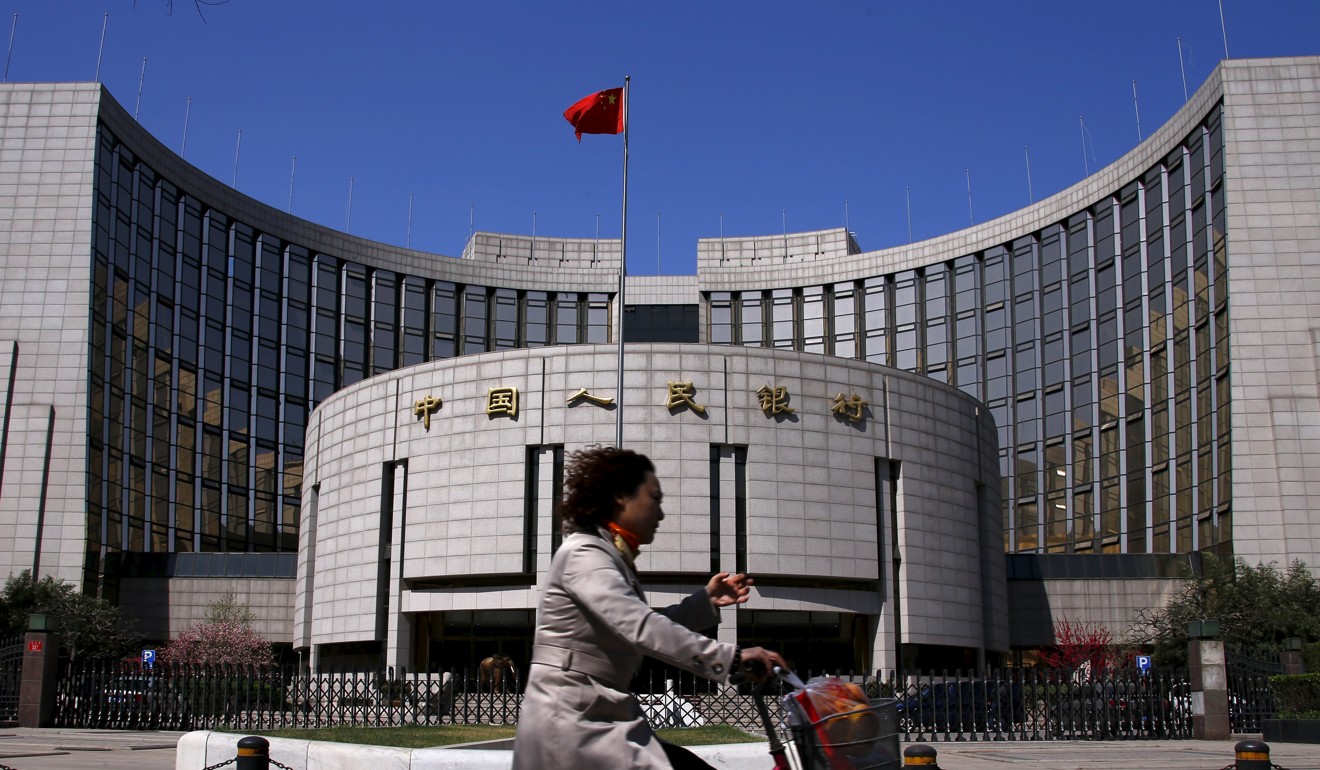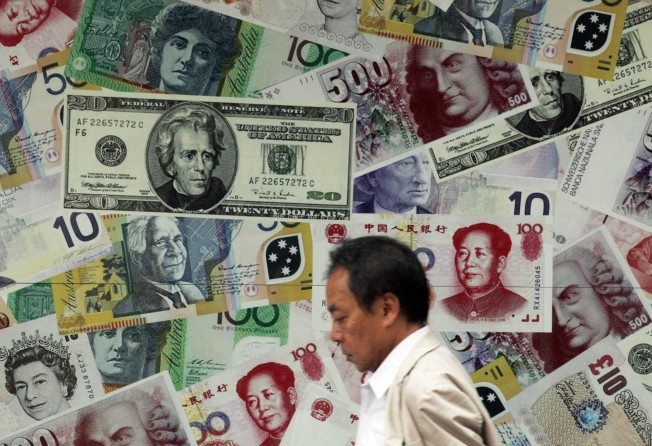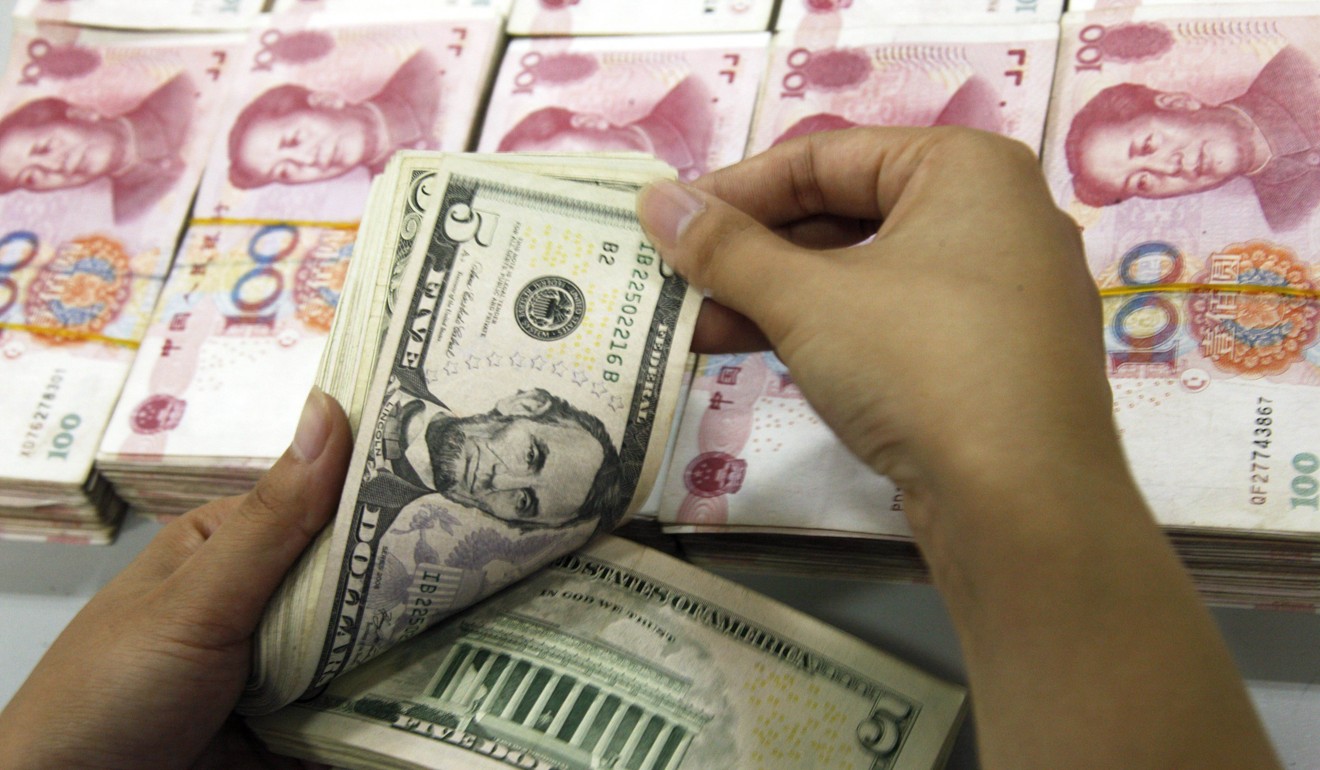
High hopes for China-Hong Kong Bond Connect
China’s plan to launch the Bond Connect scheme that allows foreigners to buy debt in the mainland is a step further to internationalise the currency

China’s plan to launch a Bond Connect scheme which allows foreigners to buy debt in the mainland brings the mainland another step further to internationalising the yuan and boosting the chances of being included in global bond indices, analysts said.
Last week’s agreement marks the fourth bond market programme that enables cross-border trading following the China Interbank Bond Market (CIBM) direct access scheme, the Qualified Foreign Institutional Investor (QFII) and the Renminbi Qualified Foreign Institutional Investor (RQFII) schemes.
“The Bond Connect will further enrich investment channels of foreign investors, enhance investor confidence, and is conducive to an open environment to better promote international balance of payments,” according to a Q&A jointly released by the People’s Bank of China and Hong Kong Monetary Authority.
The formal launch date was not specified although some brokers have speculated that authorities would announce further operation details in the coming week or so, with actual trading commencing on July 1 to mark the 20th anniversary of the handover of Hong Kong.

While overseas ownership in Chinese treasury bonds climbed 48 per cent from a year earlier to 423.8 billion yuan ($61.5 billion) in April, a key obstacle limiting substantial inflows through the China Interbank Bond Market was the strict capital controls implemented by the Chinese authorities last year to contain the downward pressure on the currency.
As a result, overseas investors were wary of extremely tedious onshore administrative hurdles they have to cross if they wanted to sell off the bonds and repatriate proceeds out of the mainland.
This is where the new Bond Connect could relieve investor wariness, as it is designed to use Hong Kong’s settlement facilities to act as the “nominee bond holder” on behalf of offshore investors.
Precised details have yet to be released but analysts expect the mechanism to be similar to that of the Stock Connect, the mutual access programme linking Hong Kong and the mainland equity markets, where investors can use home currencies to invest in China. The cross-border fund flows and currency exchange are handled by the clearing houses in Hong Kong and the mainland.
“The Bond Connect linking to international trade systems should increase foreigners’ willingness to invest in onshore bonds,” Stephanie Marelle, Head of BNP Paribas Securities Services for Hong Kong said. “This is a key factor bringing China’s eligibility closer to a major bond index inclusion.”

Last month, Chinese investors fled mainland equities amid a regulatory crackdown by Beijing authorities, wiping out all gains in the Shanghai Composite this year, and triggering a tide of southbound investments into Hong Kong shares via the Stock Connect. To reduce risks to domestic financial stability, authorities may be more cautious in their liberalisation effort with the bond market and lift restrictions in an asymmetric way.
The Chinese bond market, the third largest in the world, has been growing at an extraordinary pace, with the total size surging to 64 trillion yuan ($9.3 trillion) in 2016 from 30 trillion yuan in 2014. This provides the upside for overseas investors who currently hold only 1.25 per cent of the share, much lower than the average 20-30 per cent that they generally hold in other key emerging markets.
ANZ expects the Bond Connect to also increase hedging demand by international investors, especially in the five-year Chinese ministry of finance treasury bond futures that were launched by the Hong Kong Monetary Authority last month. The daily average volume has been a dismal 154 futures contracts so far.
The Bond Connect linking to international trade systems should increase foreigners’ willingness to invest in onshore bonds
The success of the Bond Connect may also boost China’s eligibility into major world global government bond indices. In a research note, Goldman Sachs predicted that such an addition would potentially bring in about a few hundred billion US dollars in inflows.
Before that, HSBC forecast in a research note that it would be easier initially to be included into the smaller emerging market indices, which would bring in smaller capital inflows.
Citigroup and Bloomberg Barclays were the first index providers to add yuan-denonminated onshore bonds into their emerging market or alternative indices this year, with the market expecting JPMorgan to follow suit next.
Many foreigners who are accustomed to negotiate terms according to the ISDA (International Swaps and Derivatives Association) master agreement for trading may need time to adjust to the NAFMII (National Association of Financial Market Institutional Investors )agreement, or China’s practice in debt and foreign exchange trading, David Qu, China markets economist at ANZ said.